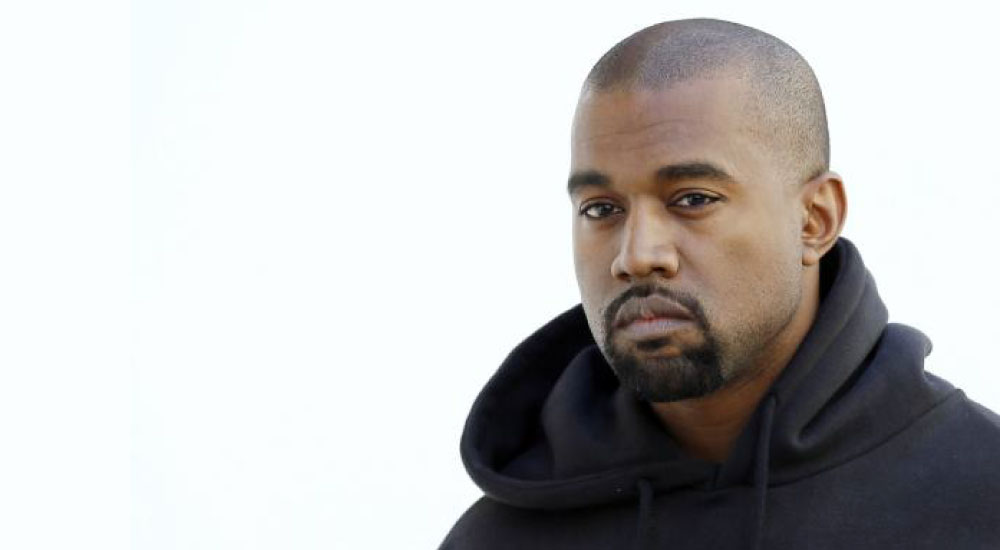
Click on the play button to listen to the audio version.
Ye, the entertainer and fashion designer formally known as Kanye West, had a disastrous week. Always outrageous, his recent antisemitic comments were the last straw prompting practically everyone to sever ties with him, from his bank, JP Morgan Chase, to his billion-dollar shoe partnership with Adidas. I’ve never been a fan and I don’t think I could name a single song of his, however, my thoughts are around the public reaction or lack thereof last week and in previous years. It’s an interesting case study. Ye’s situation has dominated social media in recent days. One of the more interesting questions that I have seen pop up several times is why the penalty he suffered for antisemitism was so severe when his previous comments about slavery or his recent stunt during fashion week where he wore a t-shirt that said “White Lives Matter” had no impact whatsoever and may have even raised his profile. The implication, of course, is that you can say offensive things about Black people without repercussion but not Jewish people. I think there is more to the story than that. Let’s examine how the Black and Jewish communities reacted to Ye’s comments. The response to Ye’s antisemitic tweet was swift, uniform, and harsh. There was no debate. Ben Shapiro or Bernie Sanders, Conservative or liberal, secular or Orthodox, the Jewish community did not waver in its condemnation of Ye’s comments, and in doing so, the rest of the country followed in solidarity. Comparatively, the Black community was less aligned with Ye’s statements about Blacks. Sure, there were prominent voices that denounced what he said, but it was far from uniform, and consumers, both inside and outside of the Black community, still purchased his music and apparel without reservation.
Conversely, when George Floyd was murdered, the response was uniform and arguably more pronounced than anything we have seen since the sixties. Regardless of what you think about the Black Lives Matter movement, it had an impact. Things happened. More than half of the companies on the Fortune 500 list made pledges to promote more Black people into their executive ranks and invest more money in Black-owned businesses. It reminds me of a comment that President Barack Obama made to me when I interviewed him last month. He said that if Hispanics are not on the same page on immigration or other issues, you can’t expect these things to be prioritized by politicians or corporations. Blacks were aligned around the George Floyd matter, but they were less aligned when it came to Kanye West. On the other hand, the Jewish community is almost always fully aligned when it comes to antisemitic comments, regardless of the source or the circumstance. Unfortunately, while Hispanics are distressed about the lack of capital flowing into our communities, our representation in America’s boardrooms, and/or our portrayal in the media, I can’t think of a single example of when Hispanics uniformly rallied around a particular issue with the ferocity that Blacks had around the Floyd issue or Jewish people had with Kanye West. Maybe there is some virtue in that, but there is also a price that is paid when there is a lack of alignment. Hispanics have less representation in the c-suites and boardrooms of America’s top companies than any other demographic. Less than two percent of investment capital goes to Hispanic-led companies, and less than three percent of lead roles in film and television are Hispanic. There is a concept known as the carrot and the stick. The carrot represents opportunity and the stick represents punishment. Hispanics are getting better at articulating the economic opportunities we represent to the nation and to companies who get it, but no price is ever paid when we are mistreated or ignored by anyone much less, the powers that be.
So, what is the solution? I think that there are things we all care about. Perhaps not everything. For some reason, many of us don’t care when we are maligned by politicians, or portrayed negatively in the media, but we do care about our families, we care about our freedoms, and we care deeply about prosperity and the economic opportunities that are available for ourselves and our kids. However, the big question is, do those priorities supersede our political and social biases? Can we put our differences aside for the greater good of our communities? I believe we can, but it’s definitely worth a conversation.
